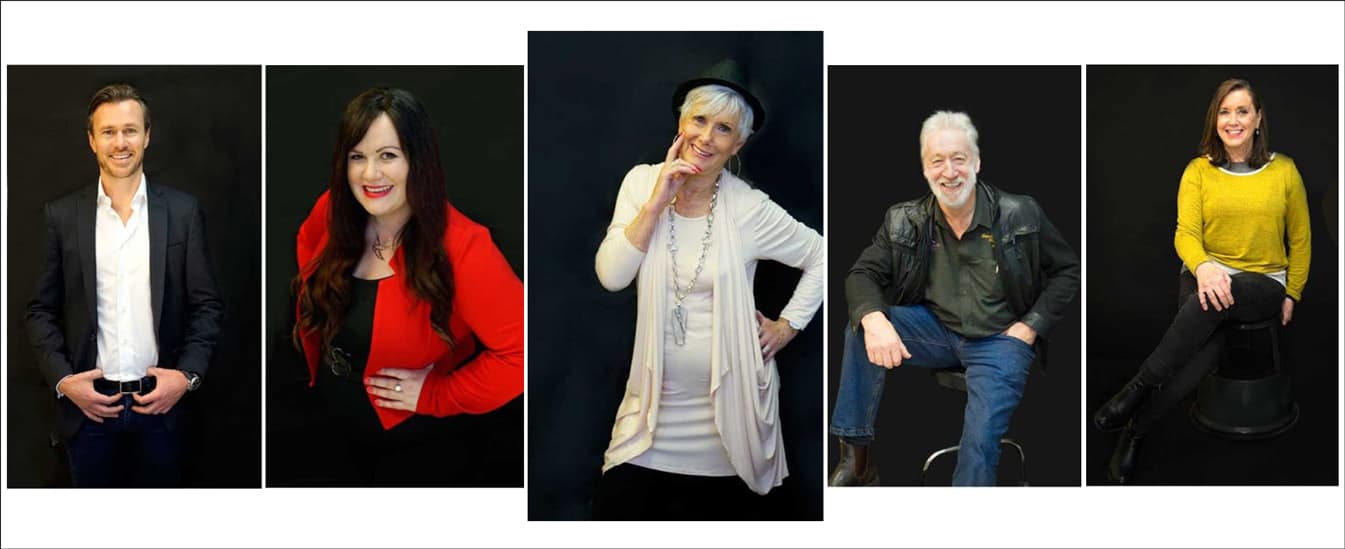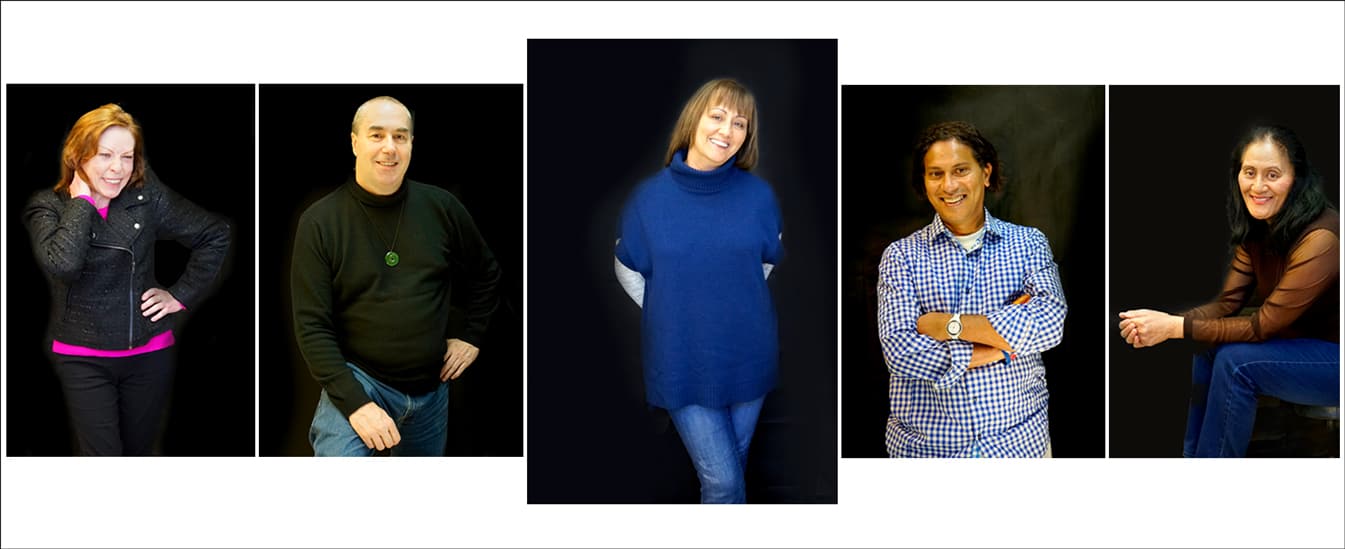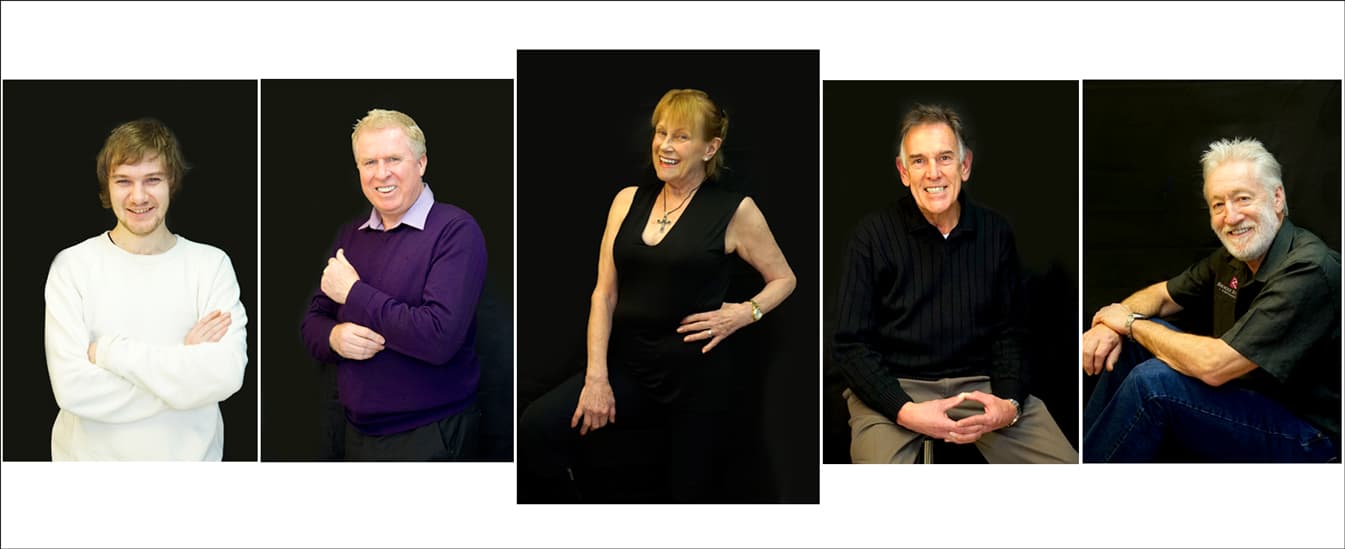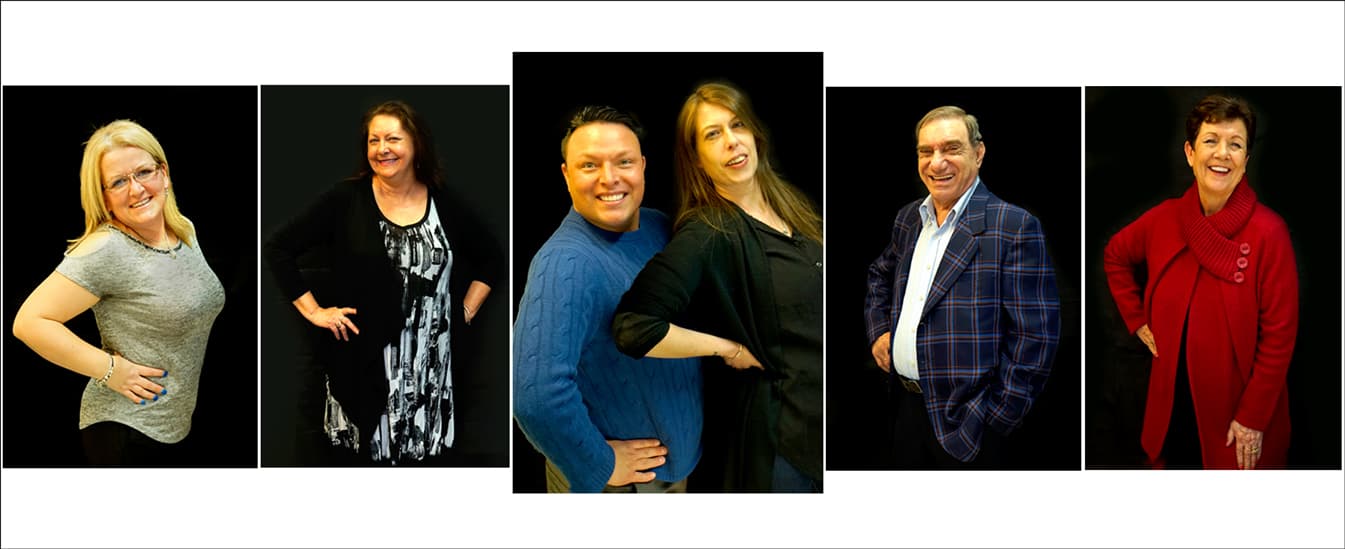
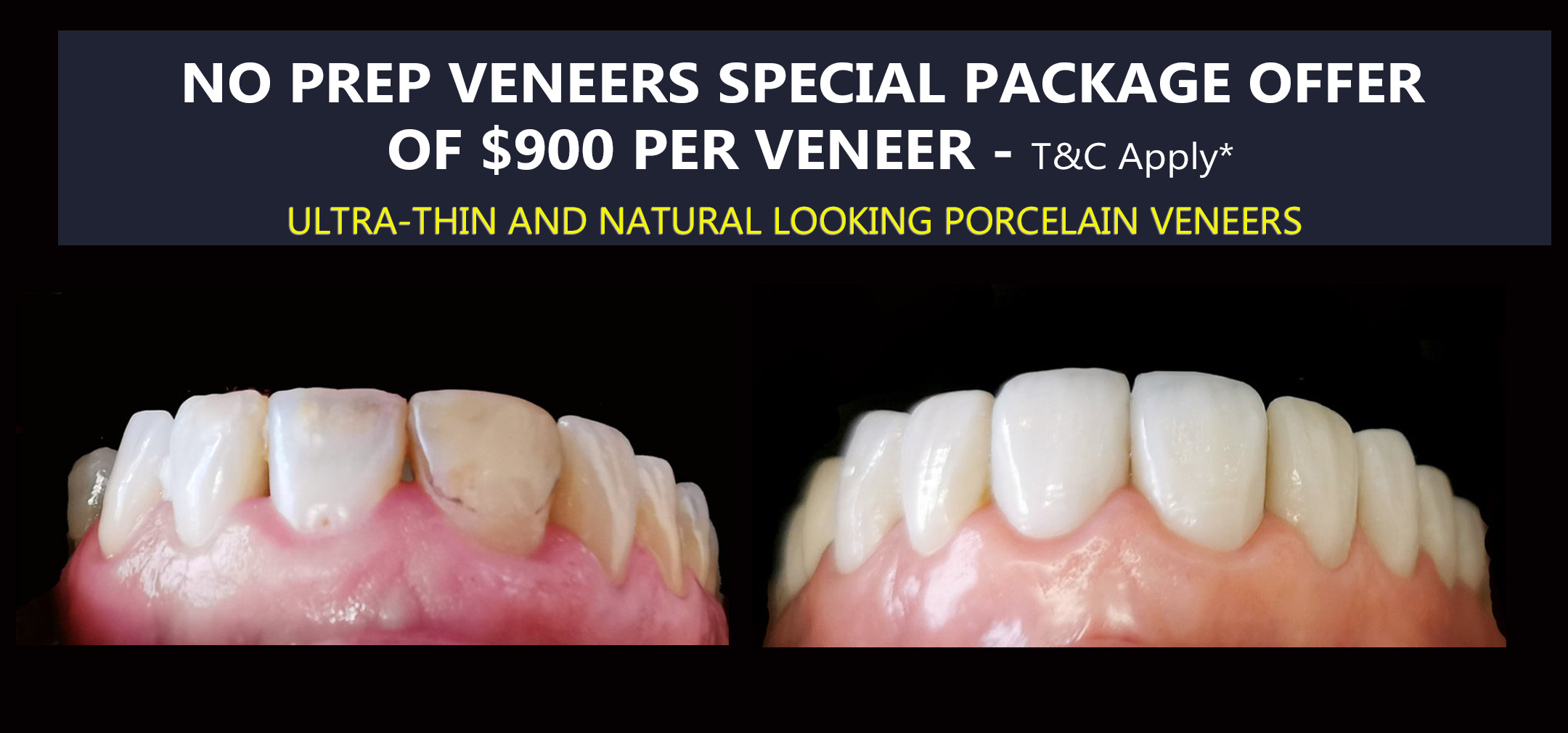 Review the important terms and conditions that apply to this offer.
Review the important terms and conditions that apply to this offer.
Key Highlights:
✨ Affordable cosmetic dentistry options include dental bonding, teeth whitening, composite veneers, and mini smile makeovers.
✨ Flexible payment plans and third-party financing help make treatment manageable.
✨ Community and university dental clinics offer quality care at reduced costs.
✨ Staged treatment plans allow gradual smile improvements to fit budgets.
✨ Bartering services with dentists can be a creative way to access treatment without upfront cash.
✨ Choosing experienced dentists ensures quality results even with budget treatments.
✨ Low-cost treatments provide a confidence boost and improve quality of life immediately.
✨ Open communication with your dentist is key to finding the best affordable solution for your needs.
???? Call Vogue Smiles Melbourne and Noble Park today for a comprehensive general and smile makeover treatment — offering competitive pricing, bundled porcelain veneer specials, interest-free dental plans, and Superannuation access assistance.
REQUEST AN ONLINE PERSONALIZED QUOTE ➤
REQUEST FOR A FREE TELECONSULTATION ➤
Low Cost Smile Solutions for Low-Income Individuals
Introduction: The Importance of a Smile
A bright, confident smile can be one of the most powerful assets a person possesses. It’s often the first thing people notice, playing a significant role in both personal and professional interactions. Unfortunately, for many low-income individuals, achieving a healthy and attractive smile can seem out of reach due to the high costs of dental care. But that doesn’t have to be the case. With proper guidance and access to the right resources, it’s entirely possible to find low-cost smile solutions that meet both aesthetic and financial needs.
This guide is tailored to individuals seeking low-cost smile solutions for low-income individuals, especially those based in Noble Park North and the Melbourne CBD. It outlines practical and accessible cosmetic dentistry options that are both effective and budget-friendly.
Understanding the Real Costs of Cosmetic Dentistry
Cosmetic dentistry encompasses a variety of procedures designed to improve the appearance of teeth and smiles. These include teeth whitening, dental bonding, crowns, veneers, contouring, and full smile makeovers. In Melbourne, the average prices can range as follows:
- Teeth whitening: $300 to $900
- Dental bonding: $250 to $600 per tooth
- Porcelain veneers: $1,200 to $2,500 per tooth
- Crowns: $1,500 to $2,500 each
- Invisalign/Aligners: $5,000 to $9,000 for full treatment
These prices are often prohibitive for low-income individuals. However, affordable cosmetic dentistry options do exist—especially when patients consider creative financing, staged treatment plans, or lower-cost alternatives to high-end procedures.
Affordable Cosmetic Dentistry Options in Noble Park North and Melbourne CBD
- Dental Bonding
- Quick, minimally invasive, and much cheaper than veneers
- Great for minor chips, gaps, and discoloration
- Cost: From $250 per tooth
- Teeth Whitening
- In-chair professional whitening for immediate results
- At-home kits available at even lower costs
- Clinics sometimes offer promotional packages
- Composite Resin Veneers
- A cost-effective alternative to porcelain veneers
- Applied in a single visit
- Less durable but easily repairable
- Tooth Contouring and Reshaping
- For patients with minor irregularities
- Fast, affordable, and non-invasive
- Removable Snap-On Smiles
- A temporary but transformative solution
- Popular for special events or as an interim solution
- Mini Smile Makeovers
- Targeting only the upper front four to six teeth
- Prioritizes most visible parts of the smile
- Ideal for limited budgets
Flexible Financing Options for Budget-Conscious Patients
Accessing affordable cosmetic dentistry is not just about finding lower-cost procedures—it’s also about spreading the cost over time to make it more manageable. Here are financing pathways specifically designed for individuals on a limited income:
1. Interest-Free Payment Plans
Many dental clinics, especially in the Melbourne CBD and surrounding suburbs like Noble Park North, offer interest-free payment plans through third-party providers. These options allow patients to undergo treatment immediately while paying in installments over 3–24 months.
Pros:
-
No interest if paid within the agreed term
-
Immediate access to treatment
-
Often no upfront deposit required
Cons:
Popular Providers:
-
ZipMoney (zip.co)
-
Afterpay (afterpay.com)
-
Humm (shophumm.com.au)
2. Low-Interest Personal Loans
For those needing longer repayment terms or higher treatment costs (like full mouth rehabilitations), low-interest dental loans are a practical option. Providers like TLC (Total Lifestyle Credit) offer dental financing with flexible terms ranging from 1 to 7 years.
Pros:
-
Lower monthly payments due to extended terms
-
Allows larger treatment plans to be covered
-
Flexible repayment with early payout options
Cons:
Provider Example:
3. Superannuation Early Access (For Medical Treatment)
In specific cases, Australians may be eligible to access a portion of their superannuation early to pay for medically necessary dental treatment, including cosmetic work related to functional issues (e.g., difficulty eating, pain, speech problems).
Eligibility Criteria:
-
Dental issue must be causing significant hardship or medical condition
-
Applicant must have support letter from dentist and GP
-
Approval must be obtained from the ATO (Australian Taxation Office)
Application Process Duration:
Third-Party Assistance Services:
-
SuperCare Australia (mysupercare.com.au): Assists patients with ATO applications and charges approx. $799–$1,199 for full-service support
-
Access My Super (accessmysuper.com.au): Similar services with transparent fee structure
Advantages:
Disadvantages:
Exploring Government and Community Dental Support
1. Public Dental Clinics
Public dental services through Dental Health Services Victoria (DHSV) provide subsidized or free care to eligible individuals, including:
-
Health Care Card holders
-
Pensioners
-
Low-income earners
While cosmetic treatments are often excluded, some restorative treatments with aesthetic benefits may be covered if deemed clinically necessary.
Locations:
-
Royal Dental Hospital of Melbourne (Carlton)
-
Dandenong Community Dental Clinic
-
Monash Health Dental Services (Clayton)
Drawbacks:
-
Long waiting lists (can be 12+ months)
-
Limited cosmetic services
-
Restricted access unless urgent or pain-related
2. University Dental Clinics
Dental schools in Melbourne offer discounted treatments performed by students under expert supervision, making this a great low-cost option for non-urgent aesthetic dental work.
Example:
Treatments include:
3. Non-Profit and Charitable Organizations
For low-income individuals seeking affordable cosmetic dentistry, non-profit and charitable organizations can be invaluable resources. These organizations often work to bridge the gap between expensive dental care and patients who cannot afford standard fees. Many charities either provide free or significantly discounted dental treatments themselves or collaborate with local dental clinics to offer reduced-cost services to those in need.
How These Organizations Work
Non-profit dental programs typically operate through grants, donations, and volunteer dental professionals who donate their time and expertise. Some may organize dental outreach events or “dental days” where patients can receive cleanings, fillings, or even minor cosmetic treatments free of charge or at a minimal cost.
Other charities partner with existing dental clinics, negotiating discounted rates on behalf of low-income patients or creating special funding pools to subsidize more complex treatments such as dental bonding, veneers, or crowns.
Examples of Organizations to Explore
-
Local Health Networks and Community Centers: Many community health centers across Melbourne and Noble Park North provide dental care as part of broader health services. These centers often have sliding scale fees based on income, making cosmetic treatments more accessible.
-
Dental Lifeline Networks: In some regions, organizations like Dental Lifeline Australia offer dental services to vulnerable populations, including those on low incomes, the elderly, or individuals with disabilities.
-
Charitable Dental Foundations: Foundations funded by donations from individuals or businesses often run programs to assist with dental care costs, especially for children and disadvantaged families.
How to Access These Programs
-
Research Local Options: Visit local council websites or community health portals to identify nearby dental charities or clinics with reduced fees.
-
Contact Social Services: Social workers or community support officers often have updated information on charitable dental programs and can assist in application processes.
-
Apply Early: These programs sometimes have limited availability and operate on a first-come, first-served basis. Early application improves the chances of receiving treatment.
-
Provide Documentation: Be prepared to show proof of income or financial hardship, which is commonly required to qualify for these services.
Benefits of Using Charitable Dental Services
-
Significantly Lower Costs: Patients can access treatments at little to no cost, easing financial stress.
-
Professional Care: Many charities work with licensed, experienced dentists to maintain quality care standards.
-
Community Support: Engaging with these programs often connects patients with other supportive services, such as dental education and preventive care advice.
Things to Keep in Mind
-
Limited Cosmetic Options: Some charitable programs prioritize urgent or restorative dental care over purely cosmetic procedures. However, minor cosmetic treatments such as bonding or whitening might be available depending on the organization.
-
Waiting Periods: Due to demand and limited funding, patients may experience wait times before receiving care.
-
Follow-Up Care: Ensure you understand what follow-up treatments are covered and whether you will need to return to the same clinic for ongoing care.
4. Dental Care Vouchers and Subsidies
For low-income individuals seeking affordable cosmetic dentistry and dental treatments, government dental care vouchers and subsidies can be a significant help. These programs are designed to reduce the financial burden of dental care by providing direct assistance or funding to eligible patients.
What Are Dental Care Vouchers and Subsidies?
Dental care vouchers and subsidies are forms of financial aid issued by government bodies—both federal and state—to help individuals access essential dental services. Instead of paying the full cost out of pocket, qualifying patients can use vouchers or receive partial or full subsidies that cover specific dental treatments or consultations.
These programs target populations with demonstrated financial need, such as pensioners, concession card holders, children, or people on certain welfare benefits. In some cases, subsidies extend to preventive care, restorative treatments, and occasionally basic cosmetic procedures.
Key Government Dental Assistance Programs in Australia
-
Commonwealth Dental Health Program (CDHP)
The CDHP provides access to dental care for eligible adults who hold Commonwealth concession cards, such as the Pensioner Concession Card or Health Care Card. The program covers various dental services, including fillings, extractions, dentures, and some preventive care. Depending on the state, the program may include support for certain cosmetic dental treatments, particularly if they improve oral health or function.
Patients receive vouchers that can be redeemed at participating dental clinics, reducing out-of-pocket expenses.
-
State and Territory Dental Programs
Each Australian state and territory runs its own dental assistance schemes, often complementing the Commonwealth program. For example:
-
Victoria’s Public Dental Program: Offers subsidized dental care for eligible residents, including emergency and general dental services.
-
Queensland Dental Subsidy Scheme: Provides vouchers and discounts to eligible low-income individuals and families.
-
Other states have similar programs designed to increase accessibility.
-
Child Dental Benefits Schedule (CDBS)
This is a federally funded program offering benefits for eligible children aged 2–17 years. It helps cover dental check-ups, cleanings, fillings, and extractions. While mostly focused on health rather than cosmetic outcomes, it supports families in managing dental costs, potentially freeing budget for cosmetic improvements later.
How to Qualify and Apply for Dental Subsidies
-
Eligibility Criteria:
Typically, eligibility is based on income, age, concession card status, or specific health needs. Low-income earners, pensioners, and individuals receiving government benefits are commonly eligible.
-
Application Process:
Applications usually require submitting proof of eligibility, such as a concession card, tax returns, or proof of enrollment in social welfare programs. Some applications are handled online, others through local health services or clinics.
-
Dental Clinics Participation:
Subsidized dental services are available through participating dental providers. Before treatment, confirm the clinic accepts vouchers and the types of services covered.
Benefits of Using Dental Care Vouchers and Subsidies
-
Reduced Treatment Costs: Vouchers and subsidies can substantially lower or eliminate fees for many dental services, making treatments affordable for low-income individuals.
-
Access to Quality Care: These programs often collaborate with accredited dental clinics and professionals to ensure patients receive safe, effective treatment.
-
Improved Oral Health: Subsidized access to dental care encourages timely treatment, preventing minor issues from worsening and reducing the need for expensive emergency care.
-
Pathway to Cosmetic Treatments: While primarily focused on necessary dental health procedures, subsidies can indirectly support cosmetic dentistry by improving overall dental conditions.
Important Considerations
-
Service Limitations: Subsidies may not cover all cosmetic dental procedures, particularly those considered elective or purely aesthetic.
-
Waiting Lists: Due to high demand, some programs experience wait times before treatment can be scheduled.
-
Regular Renewals: Eligibility may require periodic verification or renewal of documentation to continue receiving benefits.
Helpful Links for Dental Care Vouchers and Subsidies
By leveraging dental care vouchers and government subsidies, low-income individuals in Melbourne, Noble Park North, and beyond can access affordable dental care that improves both function and appearance. Always check eligibility and program availability in your region to maximize these valuable resources.
5. Bulk Billing Dentists
Bulk billing is a payment option where the dentist directly bills Medicare or the relevant government health program for the cost of dental services, meaning the patient usually pays little to nothing out of pocket. While bulk billing is more common for general medical services, some dental clinics, particularly those serving low-income or concession card holders, offer bulk billing or significant discounts for specific treatments.
Key Points About Bulk Billing Dentists:
-
Eligibility:
Bulk billing or concession card discounts are typically available for patients holding valid government-issued concession cards, such as the Health Care Card, Pensioner Concession Card, or Commonwealth Seniors Health Card. Eligibility criteria can vary by clinic, so it’s essential to check with the dental practice beforehand.
-
Types of Services Covered:
Bulk billing dentists may cover general dental check-ups, cleanings, simple fillings, and sometimes extractions. More complex cosmetic procedures like veneers or crowns may not be included but some clinics may offer discounted rates.
-
Documentation Needed:
To qualify, patients usually need to present their concession card and photo ID at the dental clinic. Some clinics may require proof of income or residency depending on their policies.
-
Finding Bulk Billing Dentists:
Bulk billing dental clinics are often part of public dental health networks or community health centers. Additionally, some private dental practices committed to accessible care may offer bulk billing for specific patients or treatments.
-
Benefits of Bulk Billing:
-
No upfront cost or minimal cost at the time of service — which helps alleviate financial barriers.
-
Access to preventive dental care that can avoid costly treatments later.
-
Reduces dental anxiety by providing transparent costs and eliminating surprise bills.
-
How to Find Bulk Billing Dentists:
-
Contact your local community health center or public dental service.
-
Use government health websites or dental association directories to locate clinics offering bulk billing.
-
Ask your current dentist if they offer concession discounts or can refer you to a bulk billing clinic.
-
Things to Consider:
Some bulk billing dental clinics may have longer wait times due to high demand, so early booking and patience may be necessary. However, the financial relief can be significant for individuals on tight budgets.
How to Find Bulk Billing Dentists and Access Affordable Care
1. Search Local Community Health Centers and Public Dental Services
Community health centers often provide bulk billing dental services or subsidized dental care for eligible patients. These centers focus on serving low-income, concession card holders, or vulnerable populations. You can:
2. Use Government and Dental Association Resources
Many government health portals list clinics offering bulk billing or concession discounts. For example:
-
The Australian Government’s Health Direct provides information on dental services by region.
-
The Australian Dental Association (ADA) website often has directories or links to affordable dental care providers.
3. Ask Your Current Dentist
Even if your regular dentist doesn’t offer bulk billing, they might be able to refer you to a trusted colleague or clinic that does. It’s always worth asking about any discount or payment plans they may offer for concession card holders.
4. Prepare Your Documentation
Make sure to bring valid concession cards (Health Care Card, Pensioner Concession Card, etc.) and photo ID to your appointment. Some clinics may require proof of income or residency, so have recent bills or official letters handy just in case.
5. Discuss Your Financial Situation Openly
Don’t hesitate to explain your financial limitations to the dental clinic. Many dentists are willing to work out payment plans or direct you to bulk billing options if they understand your circumstances.
6. Book Early and Be Patient
Bulk billing clinics can be in high demand, so appointment availability may be limited. Try to book well in advance and be prepared for possible waiting times.
7. Consider Flexible Treatment Plans
If full treatment isn’t immediately affordable, ask if the clinic offers staged treatments. This way, you can get essential dental work done first, and complete cosmetic or elective procedures over time.
In Summary:
Bulk billing dentists provide an important pathway for low-income individuals to access necessary dental care without financial strain. By asking about bulk billing options and ensuring you carry the proper documentation, you can make your dental treatments much more affordable while maintaining good oral health.
Maximizing Your Smile Budget: Tips and Tricks
-
Ask About Promotions: Some clinics offer seasonal discounts or package deals on cosmetic treatments.
-
Choose Durable but Cost-Effective Materials: Composite bonding is less expensive but may require maintenance.
-
Regular Dental Hygiene: Maintaining good oral health helps prolong cosmetic treatment results and avoid costly repairs.
-
Consult Multiple Clinics: Getting different quotes helps find the best price-quality balance.
Staged Treatment Options: Improve Your Smile in Manageable Steps
For many low-income patients, a full smile makeover all at once can be financially overwhelming. Staged treatment plans offer a smart alternative:
-
Phase 1: Address Front Teeth
Focus on the most visible teeth with bonding, whitening, or composite veneers to boost confidence quickly.
-
Phase 2: Correct Bite or Alignment
If needed, proceed with affordable orthodontic solutions like Invisalign Lite or simple reshaping.
-
Phase 3: Restore Functionality and Aesthetics
Complete treatment with crowns, more durable veneers, or implants as budget allows.
This approach allows patients to enjoy incremental improvements without waiting years or accumulating large debts.
Bartering for Dental Treatment: A Creative Alternative
For some low-income patients, traditional payment options might still feel out of reach. A lesser-known but creative approach is bartering, where patients offer services or goods in exchange for dental care credit. This can be mutually beneficial:
-
Patients receive treatment without upfront cash payment.
-
Dentists receive valuable services or products in exchange, building goodwill and community connections.
-
Dental credit earned through bartering can often be used flexibly for future appointments or procedures.
Examples of barter services might include marketing help, handyman work, tutoring, childcare, or other professional skills. It’s important to approach your dentist openly about this option to see if it’s viable.
Comparison of Cosmetic Dental Materials and Their Costs
Understanding the differences in materials can help you select affordable but quality options:
-
Composite Resin vs Porcelain Veneers
Composite resin veneers cost significantly less ($250–$600 per tooth) and are applied in one visit. However, they are less durable and prone to staining. Porcelain veneers ($1,200–$2,500 per tooth) offer superior aesthetics and longevity but at a higher price.
-
Dental Bonding
A cost-effective treatment for minor corrections, bonding uses composite resin to fix chips, cracks, or gaps.
-
Crowns
Ceramic or porcelain-fused-to-metal crowns range from $1,500 to $2,500. For low-income patients, some clinics offer simpler composite crowns at lower prices.
-
Teeth Whitening
In-office whitening treatments range from $300 to $900. Home whitening kits are more affordable but less immediate.
Selecting the right material balances cost, durability, and desired results.
How to Choose the Right Affordable Cosmetic Dentist
Finding a skilled yet budget-friendly cosmetic dentist is essential for achieving satisfying results:
1. Verify Qualifications and Experience
Look for dentists with post-graduate training in cosmetic dentistry and a good track record of smile makeovers.
2. Ask About Treatment Volume
Dentists who perform cosmetic work regularly tend to have refined skills and better outcomes.
3. Review Before-and-After Galleries
Many dentists showcase their work online. Look for authentic, unretouched photos and ask for patient references if possible.
4. Discuss Budget Openly
Choose a dentist who is transparent about costs and willing to discuss staged treatment or alternative materials to fit your budget.
5. Consider Clinic Location and Reputation
Clinics in Noble Park North and Melbourne CBD often have options catering to low-income patients and may offer community discounts or special packages.
Dental Care Tips to Maintain Your Smile on a Budget
Maintaining your smile after affordable cosmetic treatments is key to preserving your investment and preventing further costly dental issues. Here are practical tips to keep your teeth healthy without breaking the bank:
1. Practice Excellent Oral Hygiene
Brush at least twice daily with fluoride toothpaste and floss once daily. Good hygiene prevents cavities, gum disease, and staining, extending the life of treatments like bonding or veneers.
2. Use Affordable Oral Care Products
You don’t need expensive products to maintain oral health. Basic fluoride toothpaste, a soft-bristled toothbrush, and dental floss from supermarkets or pharmacies are effective.
3. Avoid Staining Foods and Drinks
Limit coffee, tea, red wine, and smoking, as these can discolor composite bonding and veneers. When consuming staining substances, rinse your mouth or brush afterward.
4. Regular Dental Check-Ups
Even on a budget, try to visit your dentist regularly—every six months if possible—to catch problems early and get professional cleanings.
5. Use At-Home Whitening Kits Carefully
If your cosmetic treatment allows, consider low-cost at-home whitening kits as touch-ups to maintain brightness.
6. Protect Your Teeth
If you grind your teeth, ask your dentist about a mouthguard. This prevents damage to veneers or bonding.
Common Questions About Low-Cost Cosmetic Dentistry
Q: Will affordable cosmetic dentistry compromise quality?
A: Not necessarily. Many budget-friendly options like dental bonding or composite veneers use quality materials, though they may have shorter lifespans than premium porcelain veneers. Choosing an experienced dentist who focuses on patient care is key.
Q: How long do low-cost treatments last?
A: Lifespan varies—bonding may last 3 to 7 years, while porcelain veneers can last 10+ years with proper care.
Q: Are there risks with cheaper dental work?
A: Cheaper doesn’t mean unsafe, but it’s important to ensure your dentist uses appropriate materials and techniques. Ask for credentials and before-and-after photos.
Q: Can I finance low-cost cosmetic dentistry?
A: Yes, many clinics offer payment plans or third-party financing options tailored to different budgets.
Q: What if I can’t afford the full treatment now?
A: Staged treatment plans and mini smile makeovers allow you to improve your smile gradually as finances allow.
Affordable cosmetic dentistry is within reach for low-income individuals in Noble Park North and the Melbourne CBD. By exploring a variety of budget-friendly treatments—from dental bonding and composite veneers to staged mini smile makeovers—patients can improve their smile without financial strain. Flexible financing options, creative solutions like bartering, and careful planning make it possible to achieve a confident, beautiful smile step-by-step.
Remember, a great smile boosts confidence, opens doors to new opportunities, and enhances overall well-being. Don’t wait for the “perfect” financial moment—start your smile journey today with affordable and accessible options designed for you.
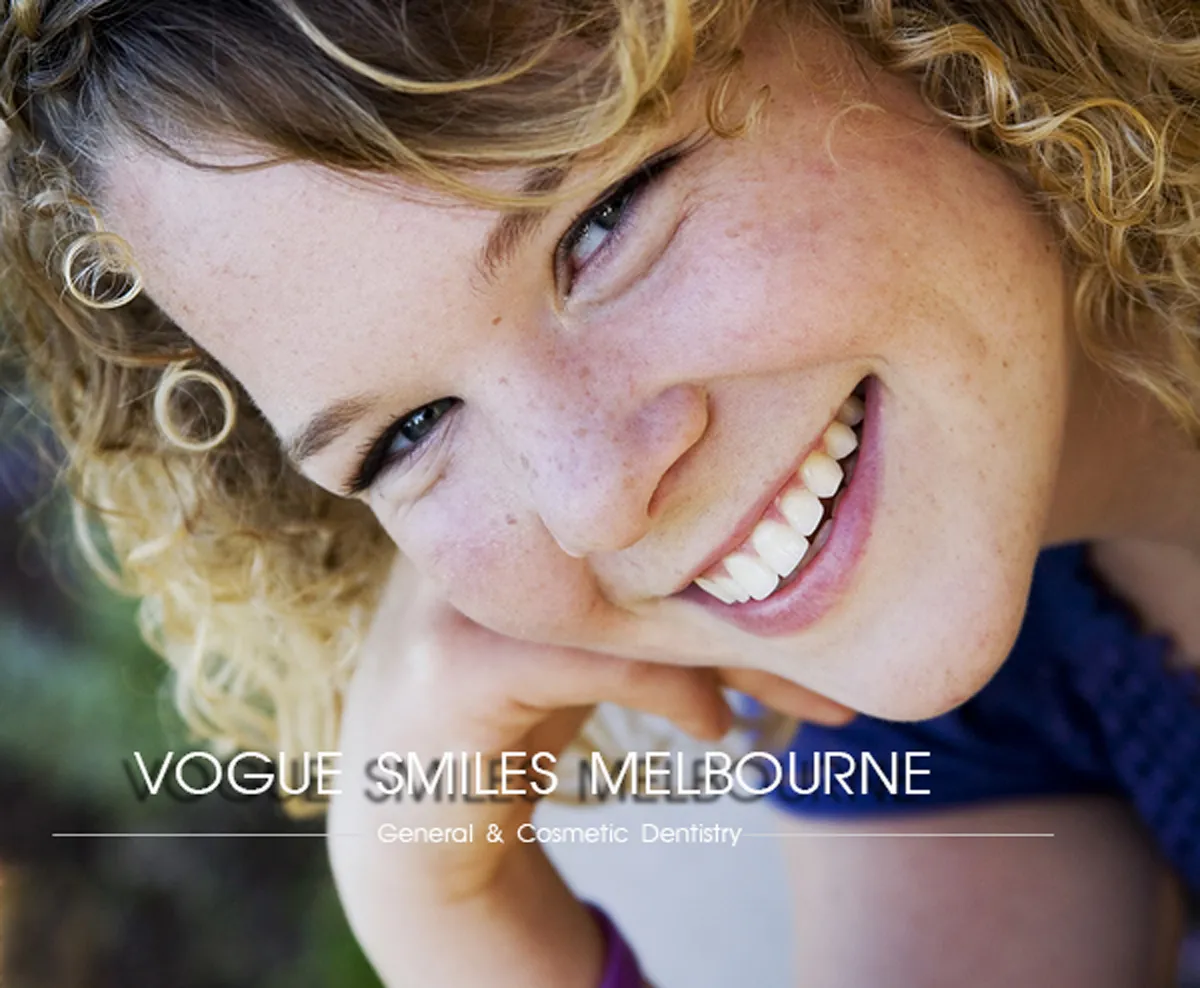
Begin Your Smile Transformation Today
Whether you’re preparing for a milestone event, stepping back into the professional world, or finally ready to smile with pride—there’s no better time to start your transformation. Let Vogue Smiles Melbourne help you reclaim the joy, confidence, and freedom that come with a radiant, worry-free smile.
Your dream smile is closer than you think. Trust your transformation to a dentist with over 3 decades of passion to Cosmetic Dentistry
Book Your Smile Makeover Consultation
???? Call (03) 9629 7664 | 0413 014 122
REQUEST AN ONLINE PERSONALIZED QUOTE ➤
REQUEST FOR A FREE TELECONSULTATION ➤

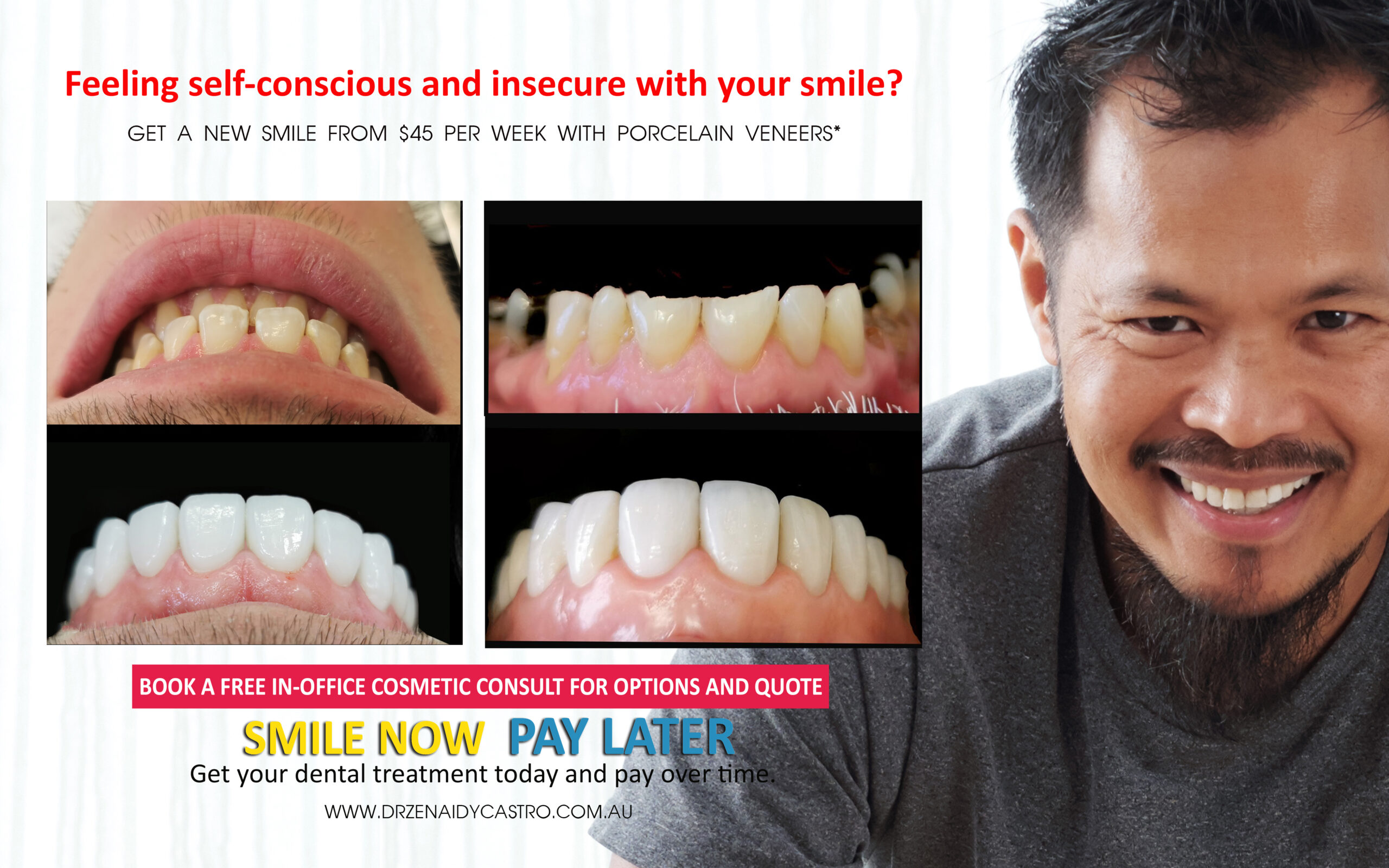
Disclaimer:
The information on this website is for information purposes only. Is not a substitute for a proper professional care and advice. Each patient’s outcomes, risks, potential complications, and recovery differ. Any dental procedure, minor or major, carries risks, some minor and some serious. Before and after images seen on our Social Media and website pages are our actual patient and have been published/posted with our patients’ permission. All of our patients photos are subject to Copyrights protection. We are strong believers in responsible aesthetics. Every cosmetic, medical, or dental procedure comes with its own set of risks and benefits. Cosmetic Dentistry results will vary from patient to patient. Call our office and book for an actual in-office consultation for us to assess if you are a good candidate for a particular treatment. All of our Specials and packages posted on this site are subject to terms, conditions and availability. The exact fee for a particular cosmetic procedure will be determined after a preliminary assessment distinguishing your unique personal needs and the type of work needed. The prices mentioned on any of our website as well as any mentioned payment plan by a third party source, are just a guide and is subject to change. Call the third party financing providers or visit their website for more info. Please call the office on 9629-7664 for further queries or clarification.
